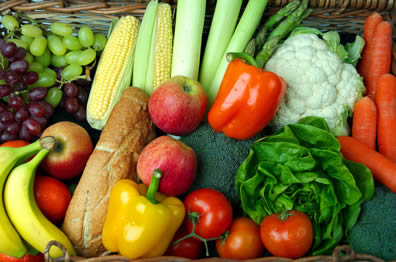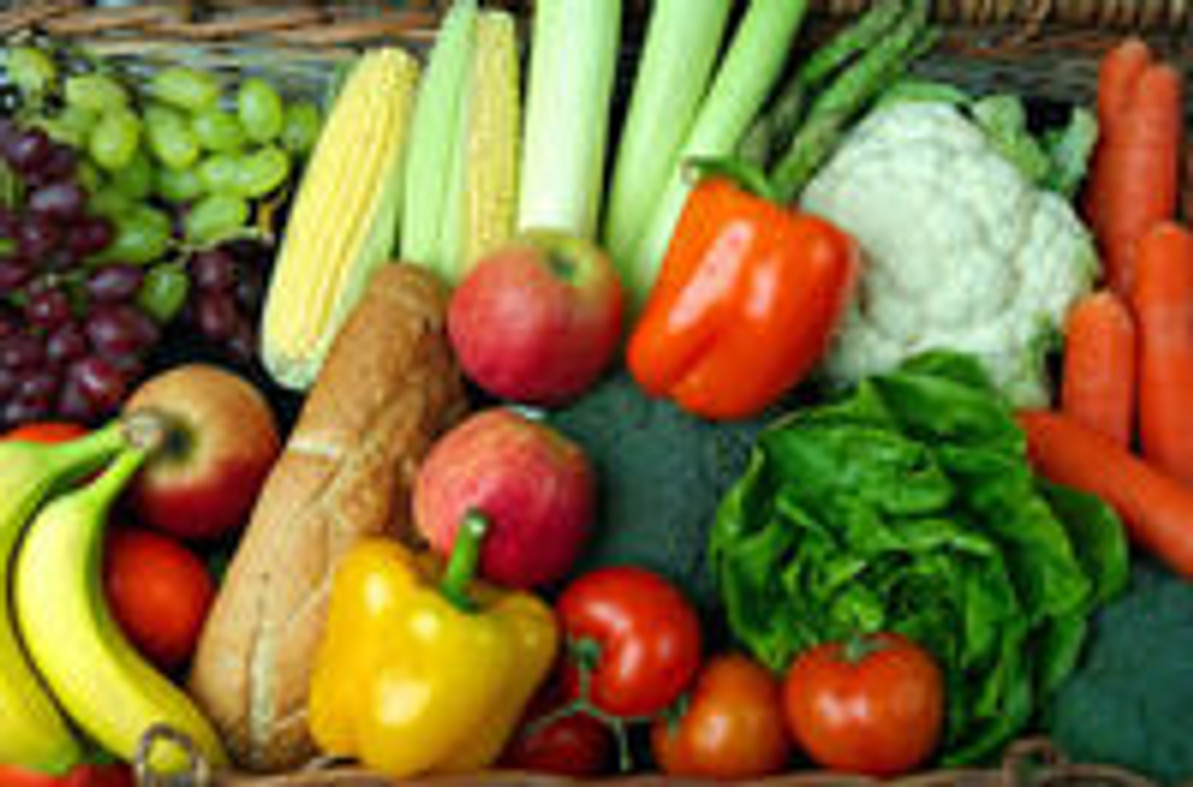China To Strengthen Food Safety Laws

China has announced a series of new measures aimed to strengthen its food safety laws and reduce overall rates of food-borne illness.
The world's most populated country announced the measures earlier this month, saying it will focus on new restrictions for tobacco advertising, safety laws for baby formula, and other elements associated with safety in the food production industry. China has been plagued by a wave of scandals associated with its food products, such at the 2008 milk and infant scandal that resulted in the deaths of six infants and hospitalizations of another 54,000. It's believed that the milk/formula company added the toxic chemical melamine to its products to make them appear to have a higher protein content.
This wasn't the only incident involving infant formula produced in China. Just four years prior to this incident, watered-down milk was believed to have resulted in the deaths of 13 infants due to malnutrition. The Chinese government hopes to avoid future incidents such as this by strengthening its food safety laws, particularly in regards to infant formula.
Starting September 1, 2015, China will ban all tobacco advertisements aimed at minors, as well as any advertising material that's used in "mass media" and/or public places. This includes tobacco product names, logos, packaging, trademarks, etc.
As of Sept. 1, legislative amendments will ban tobacco advertisements that target minors and bar tobacco ads from appearing in mass media and public places, according to the official Xinhua News Agency. Tobacco logos, packages and trademarks will be prohibited from appearing on other products and services. Surprisingly, this law has been in effect for some time; however, officials say it's been loosely enforced up until now.
The new laws will also force companies that produce infant formula and milk to adhere to greater restrictions regarding the approval of their products.
"The issue of food safety has long been a sore point with Chinese people, who have been shocked by a string of food safety scandals in recent years. They include injecting clenbuterol into pork, recycling cooking oil from restaurant leftovers, selling pork from sick pigs, making medicine capsules with toxic gelatin and passing rat and fox meat off as mutton and beef," wrote Chinese news agency Xinhuanet.com.
Do you think China is taking a step in the right direction by passing these new food safety laws? Let us know in the comments section below!
Recent Posts
-
Fire Safety in the Workplace: What You Need to Know
What steps are you taking to prevent fires in your workplace? According to the U.S. Occupational Saf …Aug 23rd 2023 -
Is It Safe to Go Jogging With a Cold Infection?
If you're suffering from a cold infection, you might be wondering whether it's safe to go jogging. T …Aug 22nd 2023 -
5 Safety Tips to Follow When Using a Powder-Actuated Tool
Powder-actuated tools are commonly used to join materials to steel and concrete. Also known as Hilti …Aug 20th 2023




